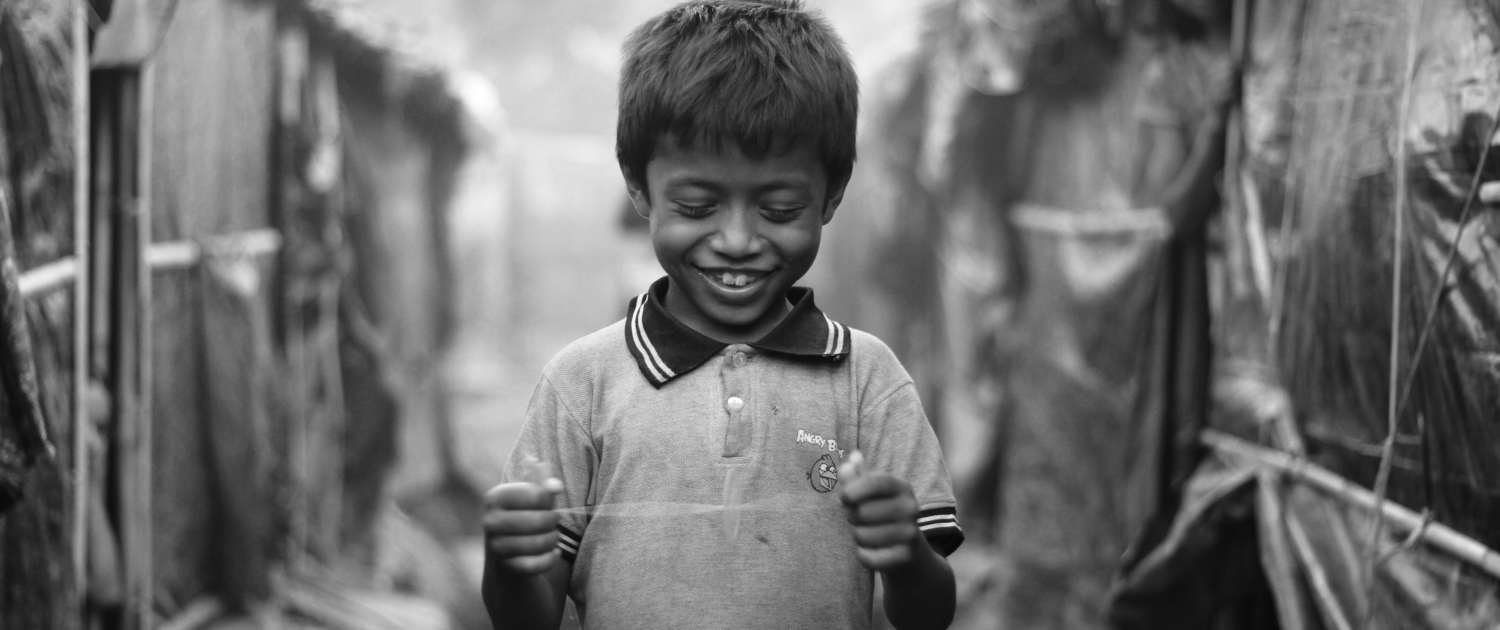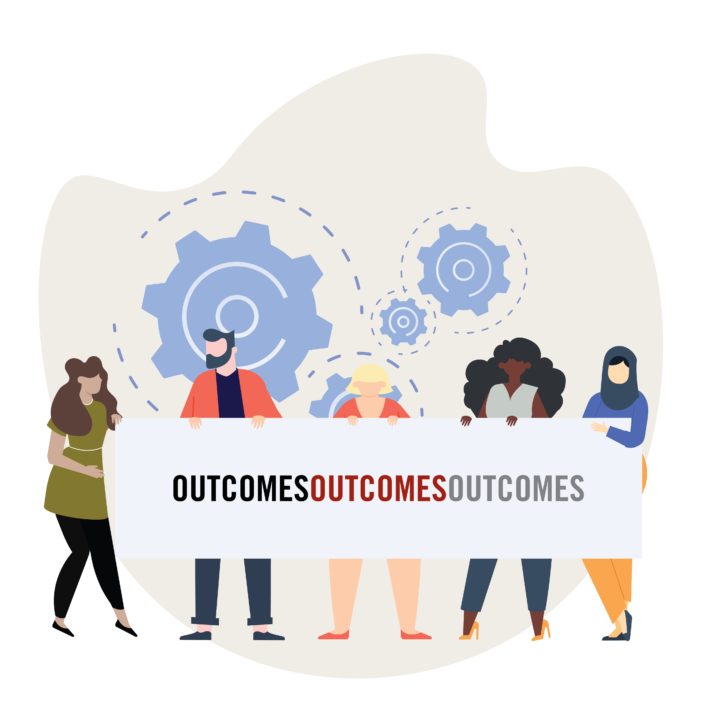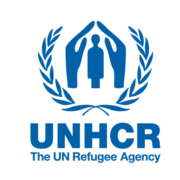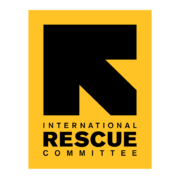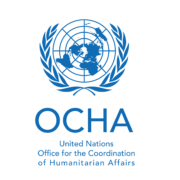Coaching and mentoring are processes that support both individuals and teams to achieve their full potential and achieve transformational change. This has never been needed more than in our fast-paced environment which is typified by uncertainty, disruption and competing demands. Developing coaching and mentoring as an enabler of change is one way of countering the current pace of change – not just through our work but across the whole spectrum of our lives.
Our coaching and mentoring framework does not set out to provide a single intervention of coaching and mentoring for all individuals and organisations to adopt, rather it is intended to provide a structure that can be utilised and referred to as part of developing an organisation’s own coaching and mentoring culture. The framework provides a toolkit of principles and activities that coaches, mentors and teams can quickly use to address day-to-day challenges. It aims to demystify coaching and mentoring as something everyone can understand and contribute towards.
Strong capacity, locally generated and sustained, is essential to the success of the system. To achieve our ambition, we need to embrace and respond to the diversity of the sector, be innovative in our thinking, agile in our approach and responsive to changing demands and feedback. We have already built solid foundations, with robust coaching and mentoring interventions that are accessible across the wider sector. Our aim is to scale up these initiatives to a level never seen before. In partnership with key stakeholders, we are positioned to set the goal for fast-tracking mentoring support packages and coaching in response packages. We will continue to work as an inter-agency group to expand our network of professional senior humanitarian coaches, alongside the existing pool of pro-bono coaches and continue to develop specialist technical mentors for 1:1 and group mentoring relationships.
The framework is set around a set of learning outcomes that define our emerging vision and provide a roadmap on what we believe we can achieve over the next three years.
- Multiply our impact
Scale up our existing coaching/mentoring initiatives so that iterations can be available where needed
Put in place digital and technological solutions that will support implementation and enable sustainability - Promote Real Conversations
Future fit organisations in the humanitarian sector with the skills that support reframing conversations
Provide leaders, line managers and technical experts with the tools and skills to demonstrate good practice in mentoring and coaching
Strengthen leadership at a time of crisis and change and support transition from crisis to the ‘new normal’ through building the resilience of our leaders - Create a Sense of Shared Ownership
Provide a consultancy service so that we can share our approach across the sector
Focus on empowering and strengthening local, and regional based staff and partners and signpost to locally generated initiatives
Foster a higher quality of communication through team coaching interventions.
Partner Organisations
Coaching and mentoring are often used interchangeably, however there are some key differences…
